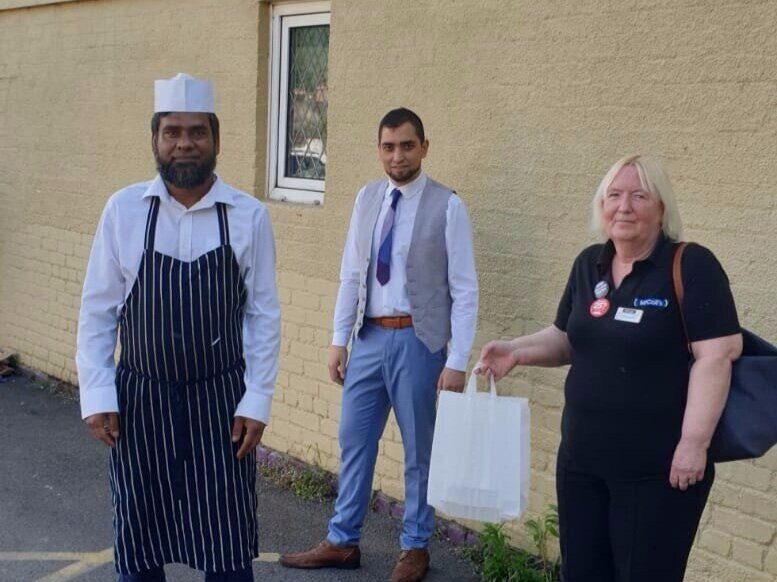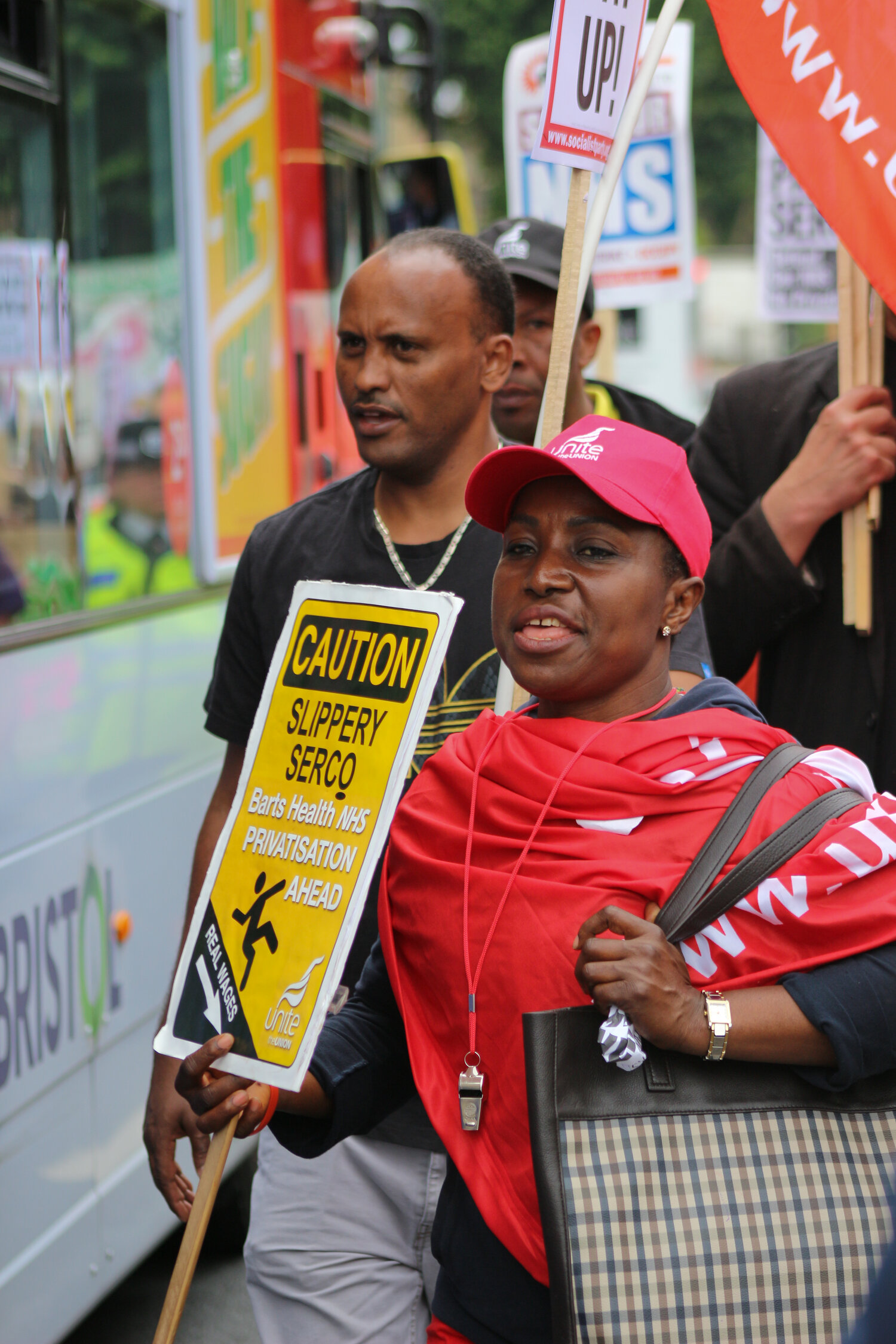
COVID: Union Safety Demands Ignored Prior to Post Office Outbreak
AGGRESSIVE CULTURE OF CUTBACKS AT ROYAL MAIL MEANT HEALTH AND SAFETY CORNERS WERE CUT
PRIVATISATION AND PRESSURE FROM SHAREHOLDERS MEANS LOCAL SORTING OFFICES ARE TOLD TO “MAKE THE CUTS WHERE YOU CAN”
THERE HAVE BEEN AROUND 25 CASES OF CORONAVIRUS AMONG WORKERS, WITH ONE ADMITTED TO ICU
IF ACTION ISN’T TAKEN TO SUPPRESS THE VIRUS, POSTIES MAY TAKE UNOFFICIAL STRIKE ACTION.
The branch secretary of the Communication Workers Union in Cardiff, Amarjite Singh, who represents hundreds of postal workers in one of Wales’ largest sorting office has spoken to voice.wales about how safety concerns were brushed aside in the run up to an outbreak of Covid-19.
“From day one, we said look, you need to put more cleaning in the mail centre site itself,” he told us. “We were telling them that there needs to be more cleaning hours to be put in. I’ll be honest with you, it was falling on deaf ears.”
Last week news broke that there was an outbreak at the Royal Mail sorting office in Grangetown, Cardiff, which sorts mail for much of South and Mid Wales.
There have been around 25 positive cases to date but more people are self isolating, with roughly 50 staff in total affected. One worker had to be admitted into intensive care and although they have since left hospital, the virus has affected them badly.
Prior to news of the outbreak, Royal Mail had also been telling its managers in Wales to follow Public Health England advice, rather than Public Health Wales. “It’s only when the AM [sic] and the MPs have interjected that they’ve withdrawn that advice in their briefing sent out this week,” said Amarjite.
Action from the union, coupled with press exposure and political pressure meant that Public Health Wales and environmental health were eventually called in.
At this point, some workers were considering taking unofficial strike action and may still do so if things don’t improve.
“I think mentally, it’s had a massive negative effect on the workers,” says Amarjite. “And I if we hadn’t seen Public Health Wales and the environment people in the last couple of weeks, I think we would have been on the gate to be honest with you, unofficially. Because people were coming to the union and saying ‘what can we do?’”
The union says the problem – which is described as an ‘aggression’ against the idea of proper health and safety – stems from Royal Mail being sold off in 2013.
“Since privatisation, and especially in the last two years, it’s been more and more aggressive,” says Amarjite, adding that it’s big shareholders who are demanding cost cutting in order to boost dividend payouts. Rico Back, the hated Royal Mail CEO who left his role in May after just two years and having received £6milliion ‘golden hello’ upon arrival, is still a major shareholder.
“It’s the bigger shareholders, the hedge funds, who are making the noises behind the scenes. And I think the aggression is getting more and more… it’s the mantra of cut, cut, cut.”
The pressure on local sorting offices is to “make the cuts where you can,” he says. “And I think an example of this is where Covid’s been in the mail centre. And Royal Mail did not want to pay more money for cleaning, or protecting the workforce.”
When the first case was discovered in September and even when there were 10 confirmed cases, the attitude from management was complacent.
“They weren’t putting any extra cleaning in or they wouldn’t pay for any extra cleaning in the mail centre,” Amarjite explains. “And especially around the touch points, the regular areas around the toilets around the canteen, other communal areas that are in the mail centre.”
He is keen to set the record straight, saying that the BBC report on the outbreak only contained Royal Mail’s account of the story, and didn’t come to the union who represent some 95% of all workers in the sorting office. “That really cheesed me off…this is the BBC who are supposed to be a public media outlet.“
The situation is still not resolved however, and workers could yet be on the gates if management and authorities don’t take action. “If the numbers keep on going up and Royal Mail haven’t actually implemented what Public Health Wales or the environment people are saying, then it might come to another flash point, you know.”
Amarjite is confident that public support would be with the workers in a strike:
“I think we would have public sympathy on the basis that these people have been working throughout this pandemic and now it’s caught up with the mail centre, and the employer is not listening to workers and their concerns.”


